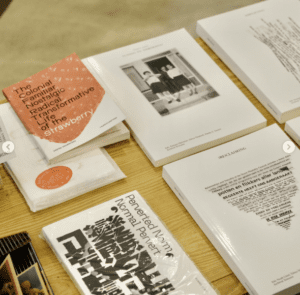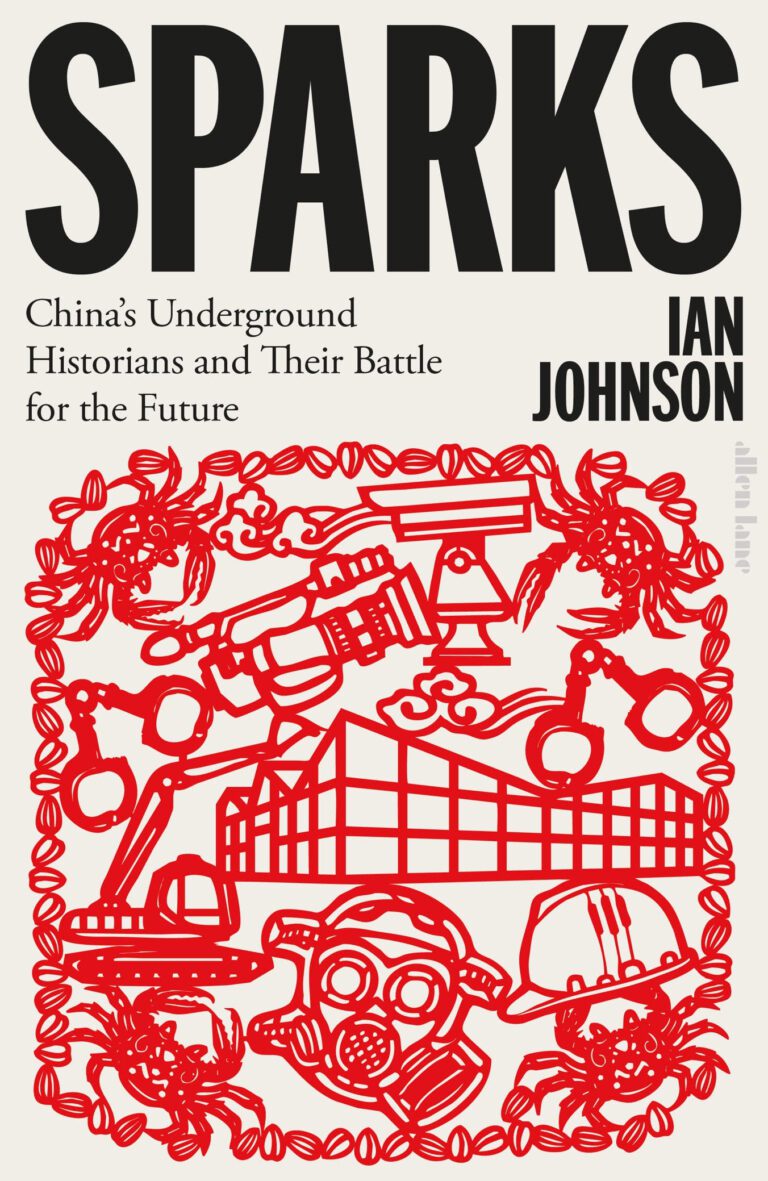Avoiding the road to serfdom
Today, The New York Review of Books has published a 10,000-word essay by Ai Xiaoming, one of China’s foremost public intellectuals. Echoing Hayek’s Road to Serfdom, “The Road to Miaoxi” is a plea against unfettered state power, which she sees as increasing in China–and in fact around the world.
![]() It comes in the form of a travelogue retracing the passion of the late Niu Lihua, whose memoir Broken Dreams at Miaoxi describe his twenty-year path of sorrows from labor camp to labor camp in western Sichuan province.
It comes in the form of a travelogue retracing the passion of the late Niu Lihua, whose memoir Broken Dreams at Miaoxi describe his twenty-year path of sorrows from labor camp to labor camp in western Sichuan province.
During her travels by car and foot, Ai uncovers the physical remnants of these camps, and reflects on how they were implemented–the lack of rule of law and the overconcentration of state power.
The essay was originally published last year on the Chinese-language website Boston Review of Books. I had the honor of translating it into English and writing a thousand-word introduction.
The exercise took weeks of time, making me appreciate the work put into translating by professional Chinese-English translators like Michael Berry at UCLA–not just the literal translation but the interpretation needed so it makes sense for a new audience.
For that, I owe the editing staff at the Review a huge amount of thanks. They found inconsistencies, unclear points, and inelegant phrasing throughout the work. This is an online essay and people sometimes still think that online means some sort of slapdash “blogpost.” In fact, this was more carefully and attentively edited than most print articles I’ve written, for any publication.
The article is behind a paywall but you can access it by creating an account and enjoying one free article, or you can write me for a PDF. It will also be unlocked on the Asia Society’s Chinafile NYRB archive in a month, as part of an agreement with the Review. However, I’d encourage readers to try the NYRB site first–even just registering for a free trial helps the Review, which is a unique, family-run journal. Work like this involves a paid staff and it should be supported in any way possible!

The post Avoiding the road to serfdom appeared first on Ian Johnson.


